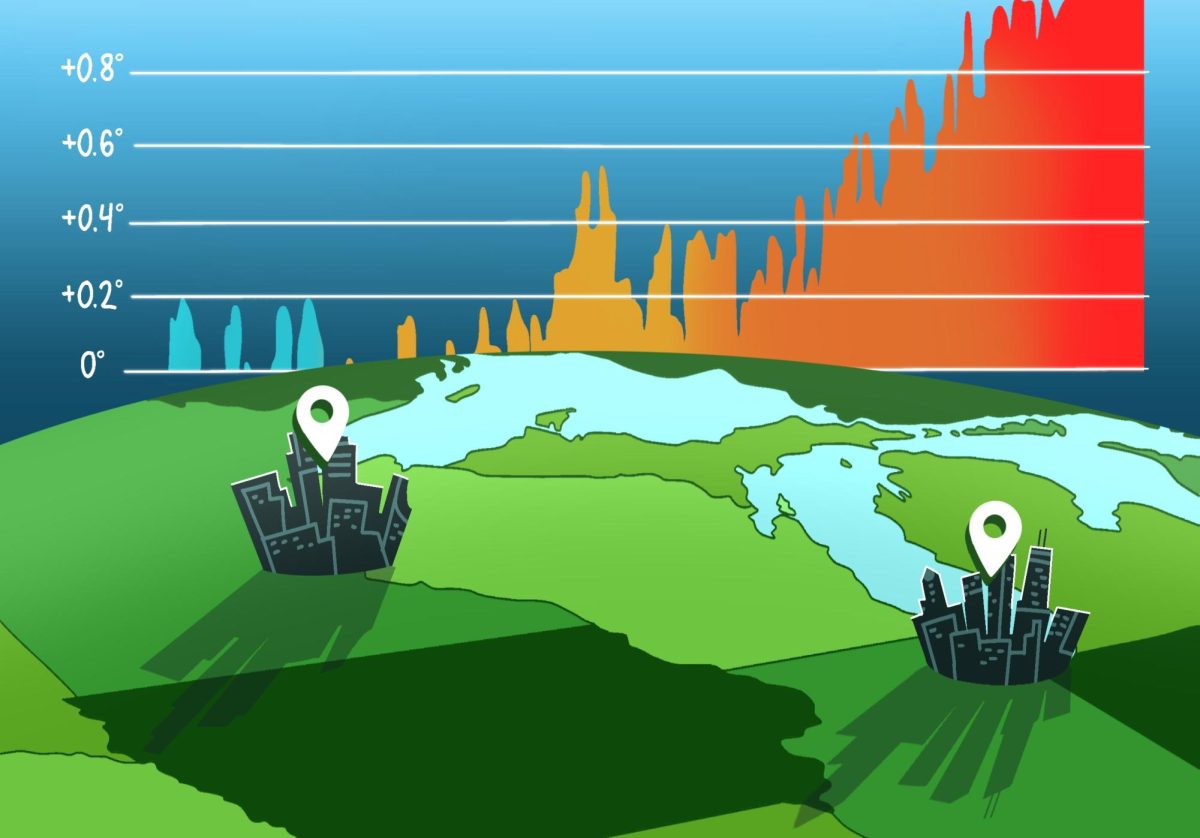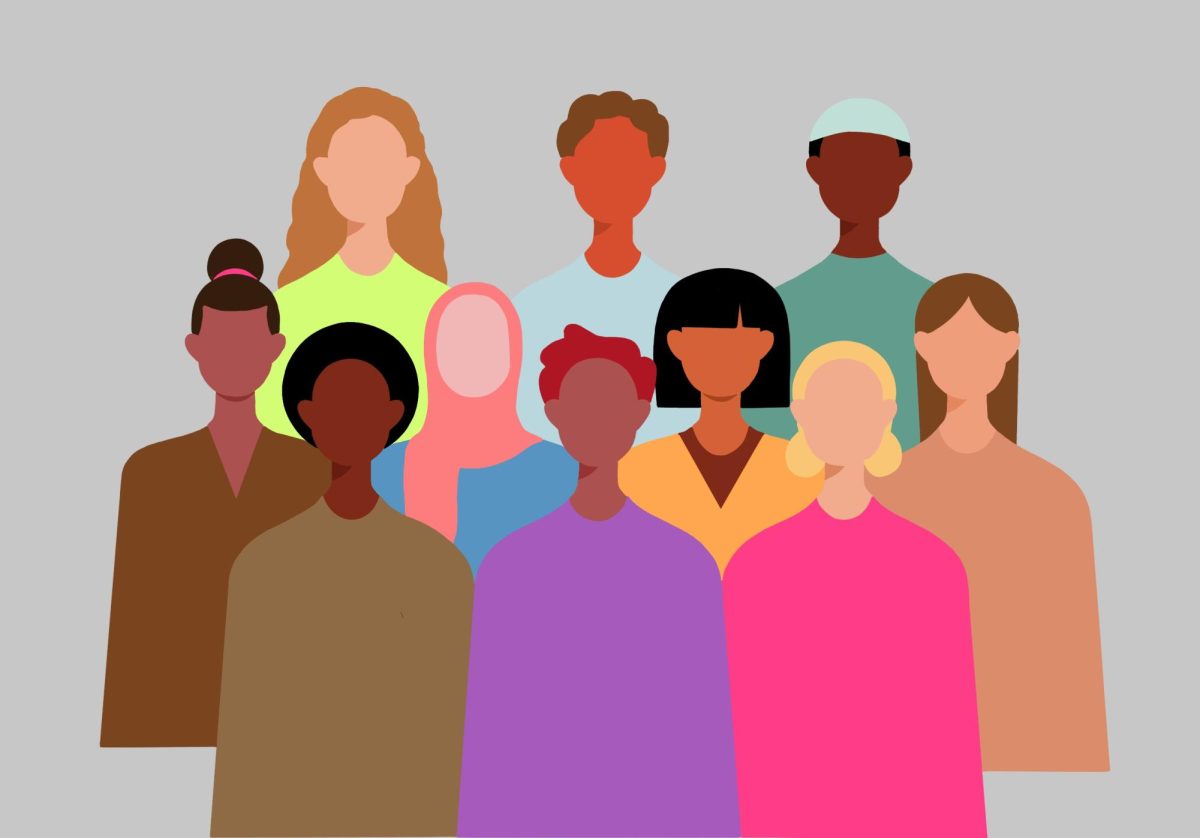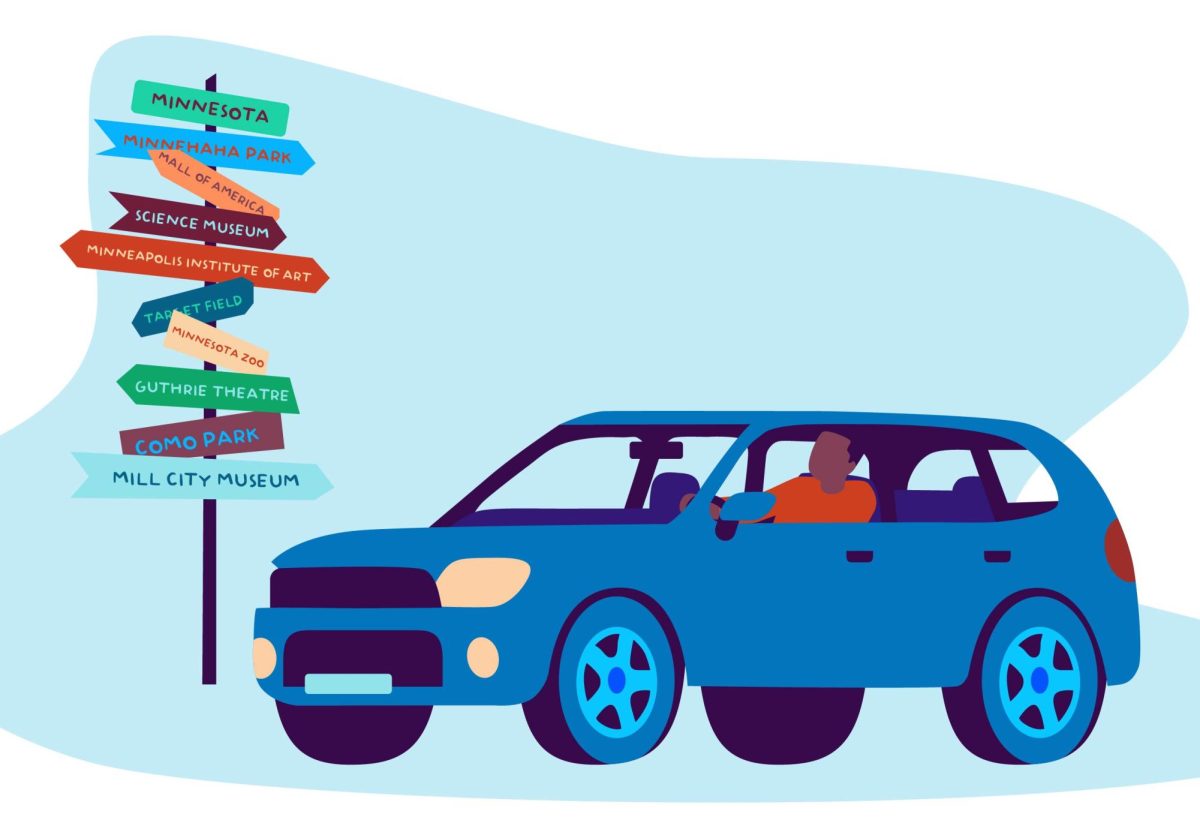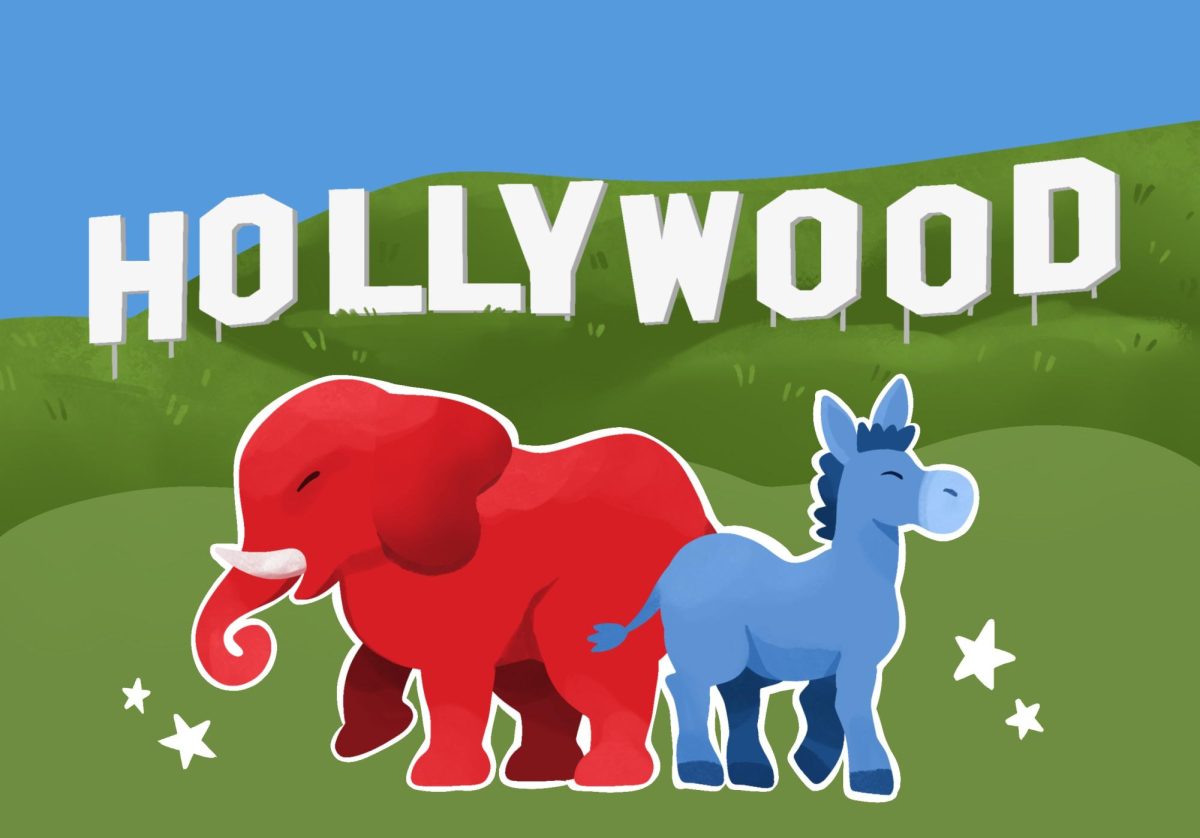The Myers-Briggs test is one of the most famous personality tests in the world. It assigns each test-taker a four-letter personality type, of which there are 16 different permutations.
Does that number seem a little low to capture the entire spectrum of personality? It certainly does to me.
These four-letter personality types are determined by how each test-taker scores in four categories: extraversion or introversion, sensing or intuiting, thinking or feeling and judging or perceiving. The first letter of each option (or second, in the case of intuiting) in combination makes up each personality type, leaving you with classifications like “ENFP” (extraversion, intuiting, feeling and perceiving) or “ISTJ” (introversion, sensing, thinking and judging).
I’m sure at some point you’ve taken a similar test: a series of questions where you choose between strongly agree, somewhat agree, somewhat disagree and so forth.
I remember having to take the test for some meaningless class in high school and reporting back to the teacher with my results. I can’t remember my results in the slightest, but I do remember people in my class comparing theirs and talking about how it made so much sense why they did “x” because the test said they were “y.”
In all honesty, it drove me crazy. It seemed pointless then and even more so now. I can’t get back the hours I wasted in that class talking about a nothing-burger disguised as a personality test, but I can write this article.
Today, the Myers-Briggs is primarily used in workplaces, as is heavily marketed on the Myers-Briggs Company website, which explains how comfortable it is filing you into one box of 16.
It isn’t as alluring to the company paying for the official Myers-Briggs personality tests to tell their employees it gives a general measurement of your personality and tendencies compared to the average as it is to say it provides your distinct and concrete personality type.
“Even though it’s not a particularly good test from a scientific perspective,” Colin DeYoung said, “It still probably helps people [in the workplace] to start thinking about what they’re like and the way that they differ from the other people that they have to work with.”
DeYoung heads the DeYoung Personality Lab at the University of Minnesota, often using personality tests like the Big Five Aspect Scales in research, which is related to personality and cognitive ability. The Big Five personality aspects — which can be found linked on DeYoung’s website — consist of openness/intellect, conscientiousness, extraversion, agreeableness and neuroticism.
Now, if you want to take the Myers-Briggs without emptying your pockets (individual tests are $50 on their website), 16personalities.com is where you should go. The 16 personalities test is essentially the Myers-Briggs test with a few of the categories modified slightly — sensing becomes observing, and perceiving becomes prospecting.
It also has a fifth category, assertive or turbulent, that is added onto the end. This technically makes it 32 personalities, but who’s counting? Other than me, that is.
When you finish taking the test, you can read about your strengths and weaknesses, how each part of your personality functions and which celebrities you share a personality type with (the part that everyone skips down to).
This is where I have a real problem with the test. Whittling down the entirety of personality to four or five categories with two definitive options apiece is already upsetting, but to do so only to find out whether you’re more like Bill Gates or Brad Pitt is a bit ridiculous. I’m sure it’s a fun exercise to take a silly test and be typecast with vague questions and inconsequential answers; it seems like a blast.
However, as an actual test, it fails miserably. The Big Five Aspect Scales has been around for decades and is well respected within the scientific community, in large part because it doesn’t attempt to label categorically.
“We know scientifically that there are no personality types,” DeYoung said. He went on to mention that personality type would assume concrete, categorical differences between different groups of people, which generally isn’t the case.
If you want to take the fun personality test and see what personality type you are and what celebrity you share a consciousness blueprint with, go right ahead. Just keep in mind that you’re essentially taking a BuzzFeed test determining which Hogwarts house you belong to, or which character on “Friends” you’re most like.
Do what you want. However, and I really want to make this clear, do not expect anyone to care that you and the Joker have the same personality type. It’s just weird.























Meat Eater
Feb 19, 2023 at 6:10 pm
Apparently the writer does not like the category he found himself in. People I have talked to who have taken the test found it helpful and fairly accurate, which given other attempts to categorize people by psychology is a compliment.
Dover135
Feb 8, 2023 at 8:05 am
The Meyer-Briggs test in the workplace is often intended for managers to understand the diverse personalities on their team to increase engagement and productivity. While it’s great for employees to know their type of personality on the day they took the test, that’s not the point.
I also believe with major corporations there is enough real world data out there that shows if these tests are done and you fit certain personalities together, employees are happier and less likely to leave.
There is no company that spends hundreds of dollars a person for personality tests to not evaluate these metrics.. *test may be $50, but time to take test, analyze results, meetings, modifications to managers all takes time and effort.